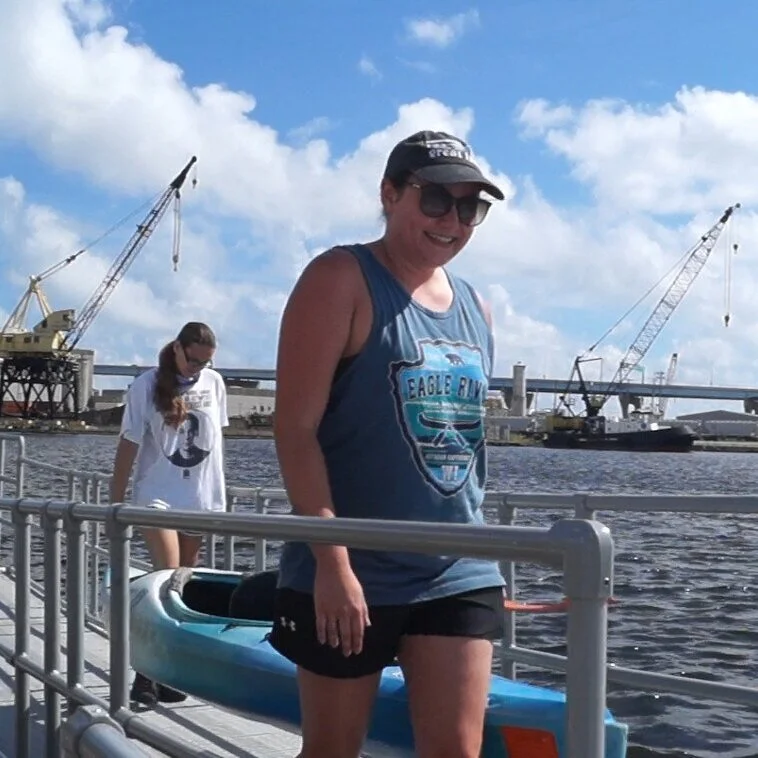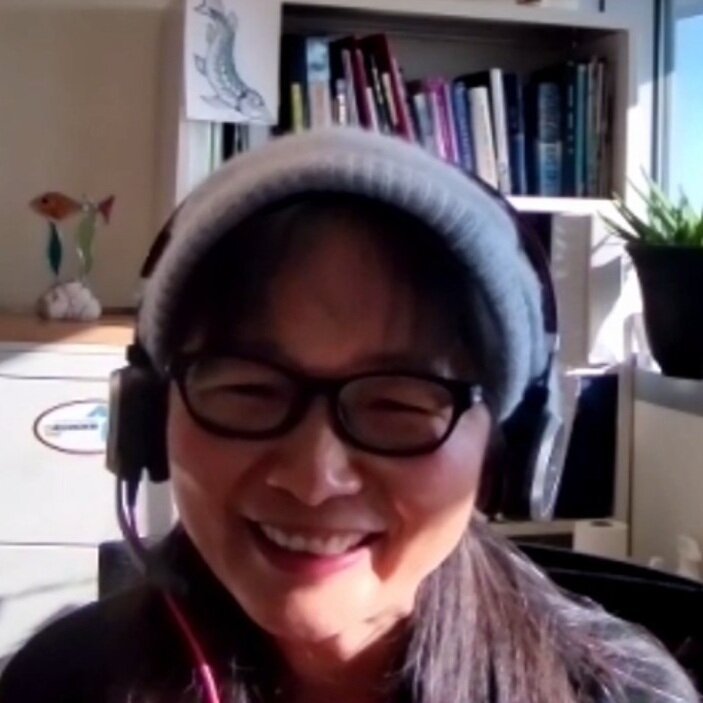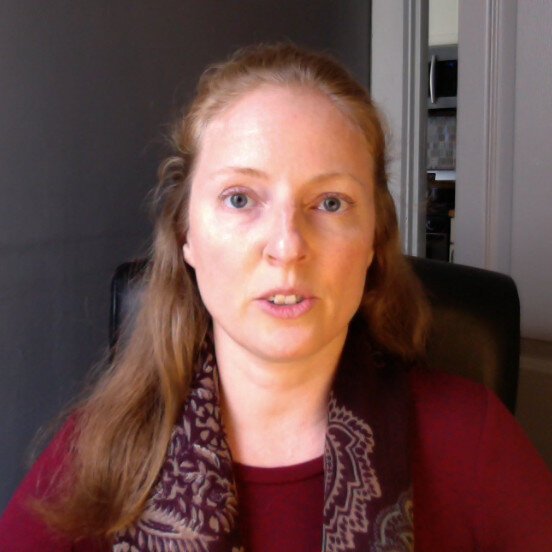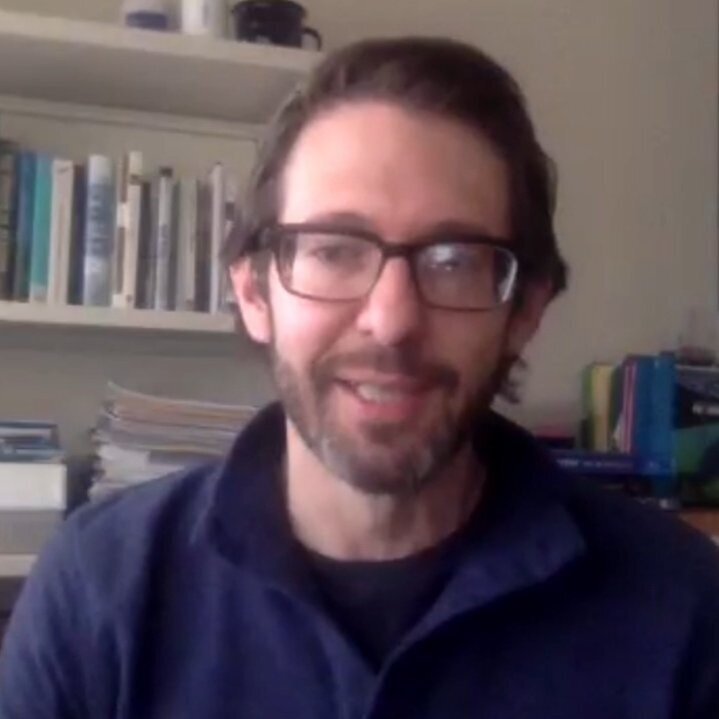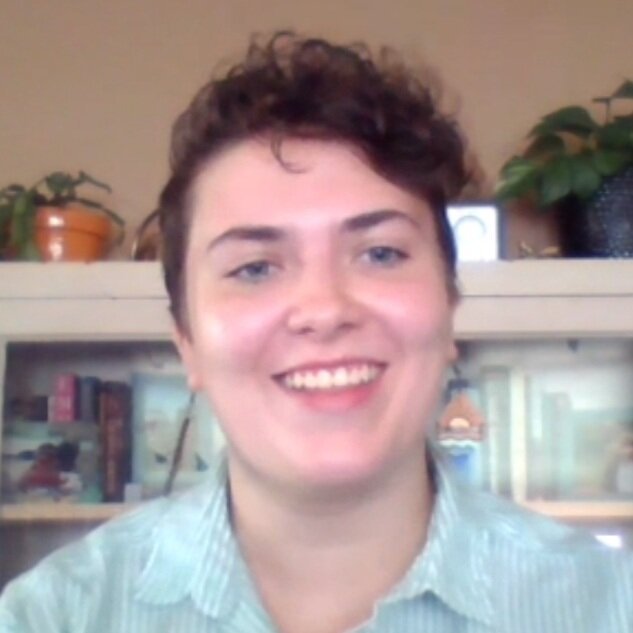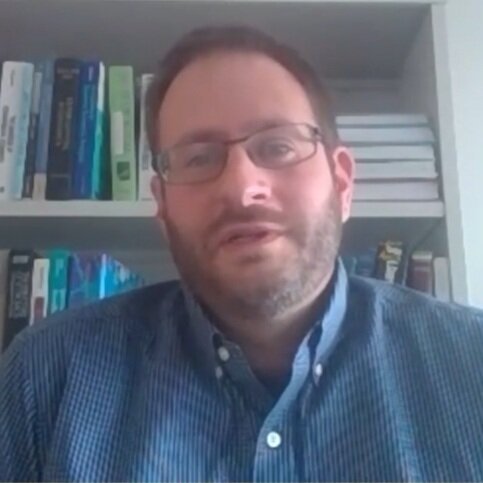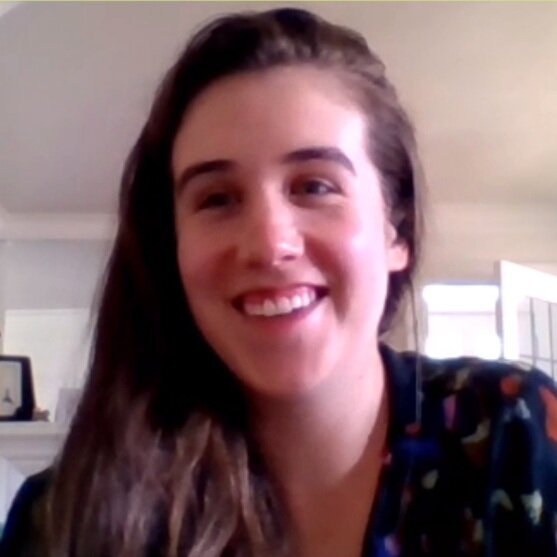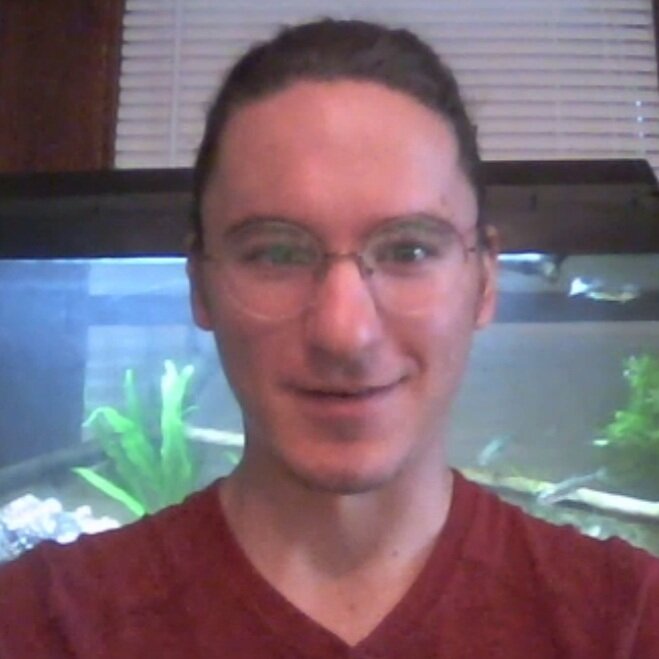S: School of Freshwater Sciences
In 2020 and 2021, WaterMarks interviewed students and scientists on the frontiers of water research in and beyond the UW-Milwaukee School of Freshwater Sciences, headquartered at 600 E. Greenfield Ave.
“Really, growing up I always hoped to be a marine biologist. How do you be a marine biologist in the Midwest? The Great Lakes are as close as you’re going to get.”In 2020, Liz’s work using underwater cameras revealed that unfortunately many basket plants failed to survive harsh wave action.At the School of Freshwater Sciences, Graceanne has discovered that “science is messy!” But that too is part of the learning process."We need to have enough fingerlings—young fish—for the industry people to raise up for food. That’s one of the bottlenecks we need to solve."“I wanted to take that and not get upset about it, but use that as motivation to have a career in sustainability that could help to do something about it.” “The biggest discovery, the biggest surprise to us, was there is a whole ecosystem of microorganisms living in the sewers,” Ryan says.Restoring the Great Lakes to “fishable, swimmable, and drinkable” status motivates the scientific enterprise Val leads at the School of Freshwater Sciences."We need to have enough fingerlings—young fish—for the industry people to raise up for food. That’s one of the bottlenecks we need to solve." “Working in Sandra McLellan's lab has taught me a lot about microbiology. I walked into this lab having never taken a microbiology course, having never taken a genetics course."Dr. James Price
“Economics as a discipline does recognize that environmental natural resources have tremendous value. It's just that these things are not oftentimes accounted for in policy decisions."Jill McClary-Gutierrez
“Just because we live in different jurisdictions doesn’t mean the water cares. It will flow where it flows. And if we’re going to have a sustainable and informed approach to solve some of these problems, it requires that holistic view.”“I was trying to re-orientate my engineering career toward something more environmental, and looked into the programs in that building.” 


